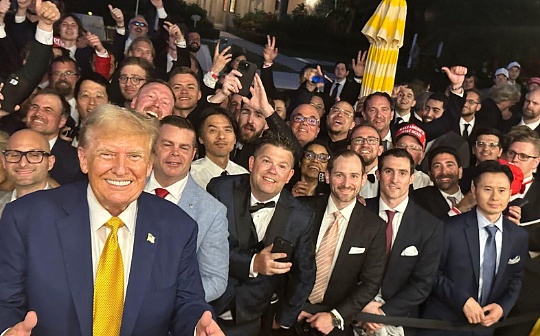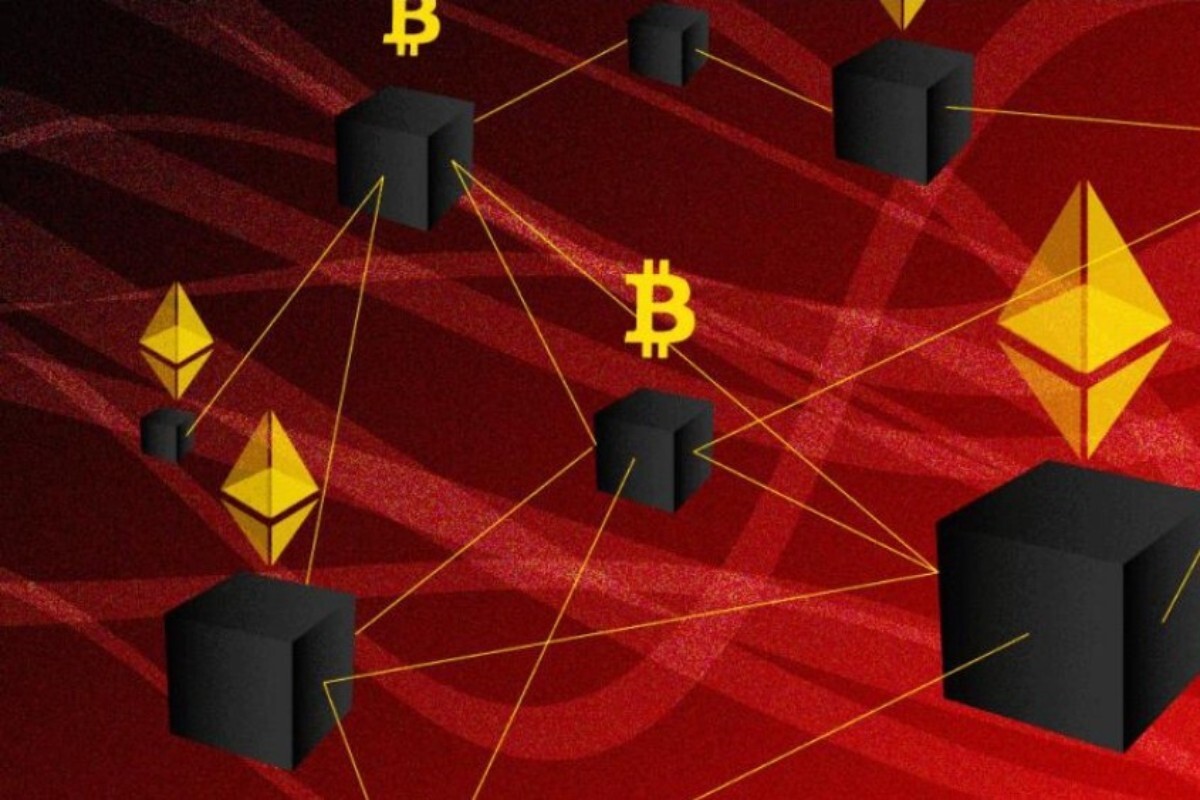Fitch Ratings chief economist Brian Coulton warned that Trump's tariff policy would have a counterproductive effect, leading to continued high interest rates and inflation, and could even trigger stagflation. On April 17, the London-based economist delved into his five key judgments about the U.S. economy.
“Will the tariffs last?”
Coulton pointed out that Trump's "Liberation Day" reciprocal tariffs announced on April 2 were "much worse than expected." He believes that the current average tariff in the United States has reached 23%, more than ten times the 2.2% last year. Despite Trump's claim to be working to reach a favorable agreement, Coulton believes that "tariffs are not a negotiation strategy and Trump truly believes that the trade deficit is a bad thing."
“Who pays for the tariffs?”
Coulton analyzed the 2018-2019 tax data and found that U.S. importers bear about one-third of the cost.Consumers pay most of the tariffs. “It is very likely that this time it will be repeated,” he said.
“Will tariffs drag down economic growth?”
Coulton lowered its forecast for US GDP growth in 2025 from 2% to 1.2%. “Imagine the tax on all imported goods soaring from 2% to 18%," he explained. “Import prices will grow faster than wages, and a decline in real income will curb consumption and investment, which will drag down the economy.”
“How much is the risk of stagflation?”
Coulton’s new concern is the rising risk of stagflation—the nightmare scenario where high inflation and high unemployment coexist. “The United States has not yet fallen into stagflation, but is moving towards rising prices and increasing unemployment,” he said. “This threat is much more real than a month ago.”
“Will tariffs reduce the trade deficit?”
Coulton questioned Trump's policy could significantly narrow the deficit. While high-priced imports may prompt some consumption to shift to domestic products, "foreign companies are unlikely to quickly transfer capacity to the United States." Fundamentally speaking,Overconsumption and insufficient investment in the United States are the root causes of the deficit——This requires the return of foreign dollars to fill the fiscal deficit.
If Coulton’s prediction comes true, Trump is indeed changing the U.S. economy — but probably in the wrong direction.
















No comments yet